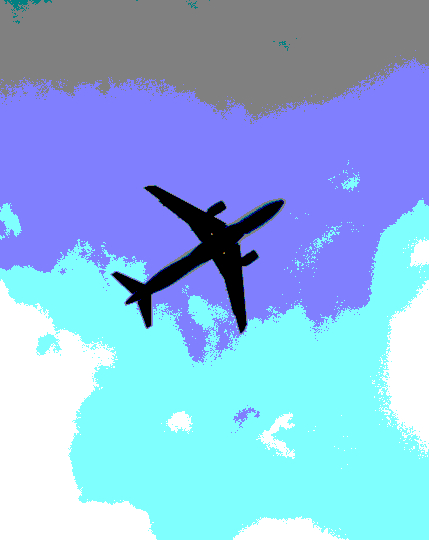Aviation paper takes flight
 The Albanese Government has launched its Aviation Green Paper and is inviting feedback.
The Albanese Government has launched its Aviation Green Paper and is inviting feedback.
The Aviation Green Paper comes ahead of the Aviation White Paper, which will establish the policy direction for the aviation industry through 2050.
The government's primary objectives include fostering a more competitive aviation sector, safeguarding Australian jobs, and enhancing consumer protections. They aim to streamline complaint resolution processes and improve accessibility for individuals with disabilities.
The Green Paper also explores the feasibility of adopting measures seen in other countries, such as a Customer Rights Charter or a more robust ombudsman model, to benefit Australia's aviation sector.
In addition to these objectives, the Green Paper addresses the pressing issue of transitioning Australia's aviation industry to achieve net-zero emissions by 2050.
The government says that ensuring access to affordable air travel remains vital for regional Australia's quality of life, and it is committed to maintaining the viability of regional services. However, doubt has been raised by Transport Minister Catherine King’s alleged communication with senior Qantas officials regarding expanded access for Qatar Airways to Australian skies.
Ms King says she considered the tourism department's input before deciding on Qatar Airways' application for additional flights into Australia. She also admits that the strip search of five Australian women in Doha was “context” behind her decision.
In response to criticism regarding the decision to block Qatar Airways' request, Minister King maintained that her decision was in the national interest and argued that allowing Qatar Airways to add more flights would distort the market during an expected increase in flight capacity.
Prime Minister Anthony Albanese has defended the decision, stating that Qatar Airways could increase its capacity through alternative means, such as secondary airports or larger aircraft.
He said the government is committed to competition and noted that global aviation is not a free-for-all.
Calls for a review and inquiries into the aviation industry continue to mount, with critics seeking clarification on how the decision aligns with national interests.








 Print
Print